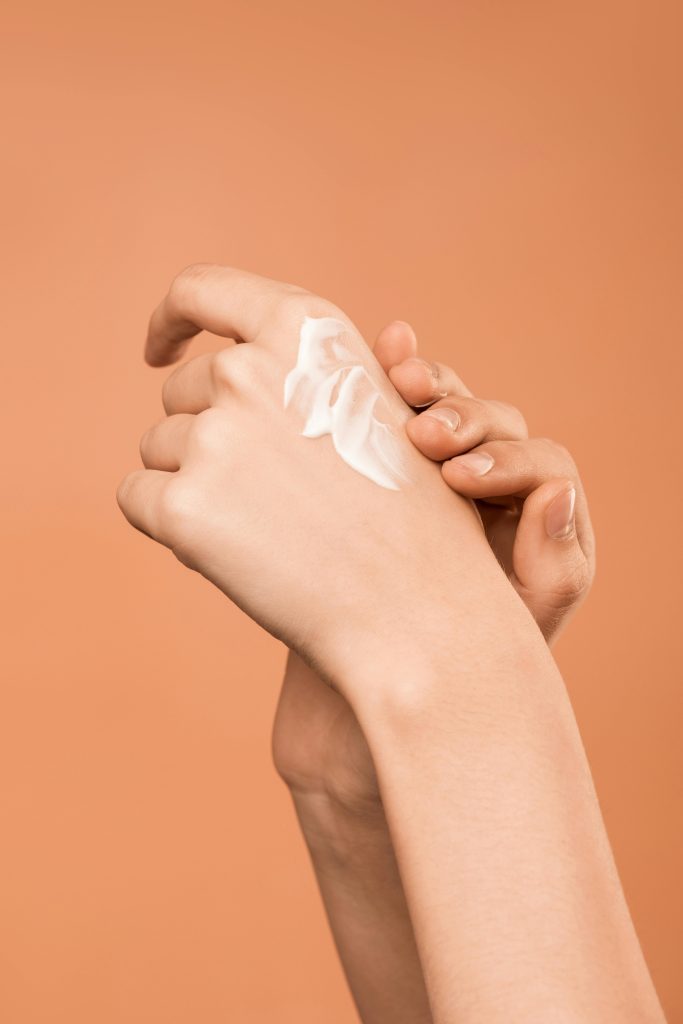Blog

How to Tell If Your Moisturizer Is Actually Working
If you’ve ever applied moisturizer and still felt dry, greasy, or somehow both, you’re not alone.
A moisturizer that doesn’t match your skin type or barrier condition can actually cause more harm than good — leading to dehydration, congestion, or that frustrating “tight but shiny” feeling.
At Skin Renew Co., we see this every day — clients who are trying hard to care for their skin but are missing one simple piece of the puzzle: the right kind of hydration.
Here’s how to tell if your moisturizer is truly working for you.
💧 1. Your Skin Feels Comfortable — Not Tight or Greasy
The best moisturizers don’t leave residue or stickiness — they simply make your skin feel balanced.
If your skin feels tight within minutes of applying, it’s not hydrating enough.
If it feels heavy or slick all day, it might be too rich or occlusive for your skin type.
Pro tip: Moisturizer should disappear into your skin within a minute, leaving it soft but not shiny.
🧴 2. You’re Not Layering 3 Different Creams
More isn’t always better.
If you’re mixing multiple moisturizers or oils to get relief, it’s usually a sign your barrier is compromised.
A healthy moisturizer should do its job solo — locking in hydration without needing “backup.”
Simplify, then rebuild. Once your barrier is strong, you won’t need as much product to stay hydrated.
🌿 3. Your Skin Feels Hydrated Hours Later
A good moisturizer has lasting effects.
If you feel dry or flaky again by lunchtime, your product might not have enough humectants (like hyaluronic acid or glycerin) or emollients (like ceramides or squalane).
At Skin Renew Co., we recommend pairing the right texture — gel, cream, or balm — to your unique barrier needs, not just your skin type.
⚖️ 4. You’re Not Breaking Out or Getting Tiny Bumps
When the formula is too heavy or contains pore-clogging ingredients, your skin will show it — especially around the chin or cheeks.
Look for ingredients like isopropyl myristate, coconut oil, or algae extract — all known to trigger acne.
If you’re breaking out more since switching moisturizers, it’s a sign to stop and reassess the ingredient list.
✨ 5. Your Makeup Applies Smoothly (or You Don’t Feel Like You Need It)
When your skin is hydrated and balanced, foundation glides on evenly — or you might skip it altogether.
That healthy, light-reflective glow means your barrier is happy and your moisturizer is doing its job.
If your makeup clings to dry patches or pills during application, it’s time to switch to something more barrier-supportive.
💬 FAQ: Moisturizer Mistakes
Q: Can oily skin skip moisturizer?
No — skipping moisturizer causes rebound oil production and more breakouts. Use a lightweight gel or emulsion instead.
Q: What’s the best moisturizer texture for acne-prone skin?
Gels and light creams with niacinamide or ceramides are ideal — they hydrate without clogging pores.
Q: Do I need different moisturizers for morning and night?
Not always. You can use the same one if it balances your skin. Heavier options are best at night if your skin feels dry.
Healthy skin isn’t about how much product you use — it’s about using the right one, consistently.
If you’re unsure whether your moisturizer is helping or hurting, we’ll help you find a formula that restores comfort, hydration, and balance to your skin.
✨ Book a facial or product consultation at Skin Renew Co. in Grandville, MI, and let’s make sure your skincare is doing exactly what it should.


